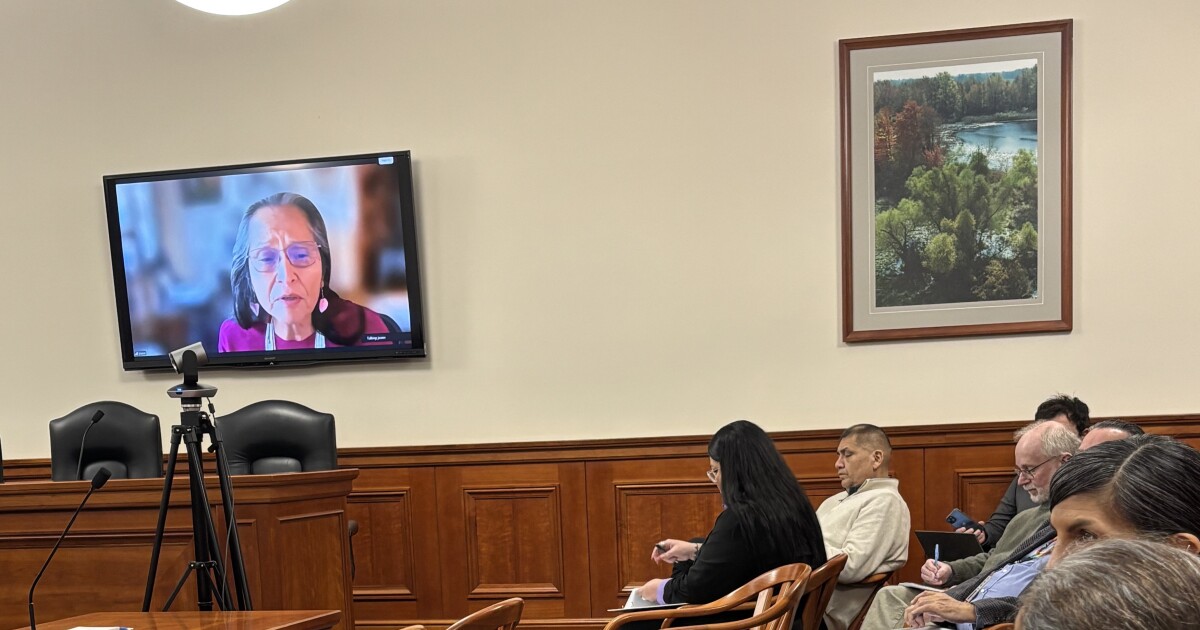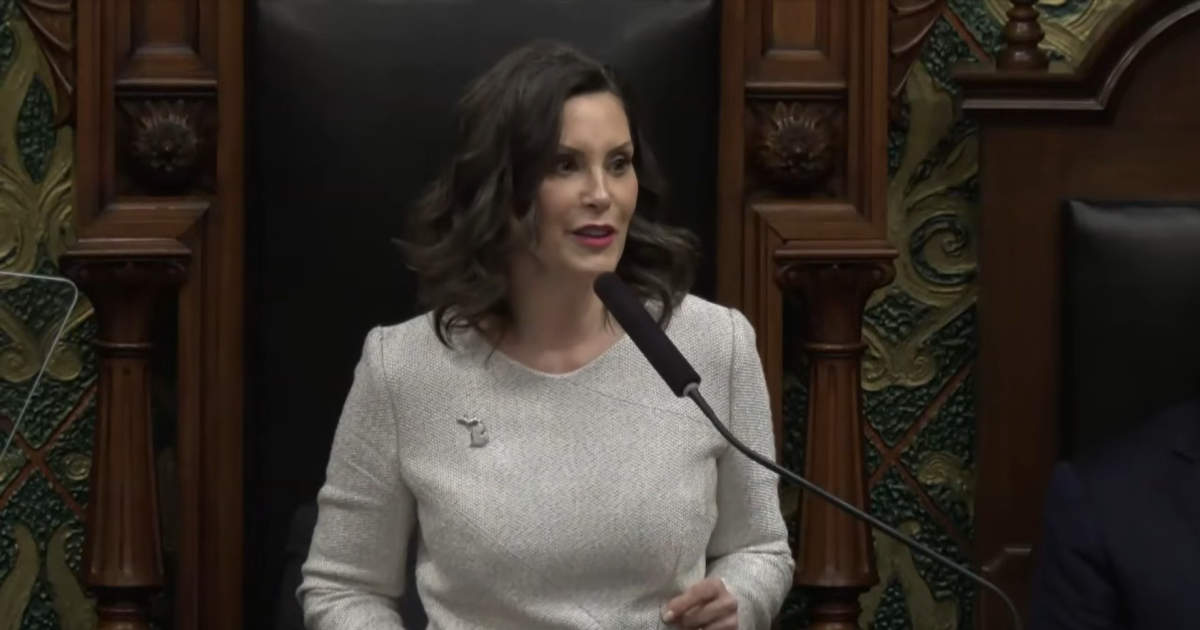The clash between Michigan’s state Senate and House is set to intensify as the Court of Appeals prepares to review a lawsuit that has stirred political tensions. At the heart of the dispute are nine legislative bills that failed to reach the governor’s desk despite being passed in the previous legislative session.
The Democratic-majority Senate has initiated legal proceedings against the Republican-led House, attributing the lapse to the House’s failure to deliver the bills before the session concluded. These bills encompass vital areas such as allowing corrections officers to join the state police retirement system, generating funds for the Detroit Historical Museum, and introducing new debtor protections in bankruptcy cases.
House Speaker Matt Hall (R-Richland Twp) has dismissed the allegations, insisting, “They screwed up, they made the mistake, the Democrats, and they’re mad and they’re taking it out on the state House.” Meanwhile, Democrats argue that the issue pertains to the adherence to constitutional mandates.
According to the state constitution, each bill “passed by the legislature shall be presented to the governor before it becomes law.” However, the timeline for this presentation remains unspecified. Democratic State Senator John Cherry (D-Flint) interprets this as the House’s constitutional duty to forward bills post-approval, regardless of the session’s status. “This lawsuit is really about whether we’re going to be a legislature that follows the constitution,” Cherry stated.
In a previous ruling, the lower court determined that the constitution indeed requires the House to transmit the bills. Judge Sima Patel remarked, “Defendants’ position that they are exempt from this because they are the ‘103rd Legislature’ is without merit.” Yet, no directive was given for the House to act on this requirement.
The Michigan Supreme Court has declined to engage with the case before the Court of Appeals reviews it. Cherry hopes for a more definitive stance from the appellate court, stating, “What good is it to say things are required by our constitution but don’t attempt to actually enforce it?”
Speaker Hall, on the other hand, considers the lower court’s lack of enforcement a win, allowing him the discretion to withhold the bills. He argues, “Let’s say we don’t present and then 50 years from now, they present the bills. Is that appropriate? Basically shopping for a future governor that will sign their bills. Most people would say that’s ridiculous. So that cut off has to occur somewhere.”
Further complicating matters, the House under Hall’s leadership has passed a resolution prohibiting the forwarding of any previously passed bills to the governor.
—
Read More Michigan News









